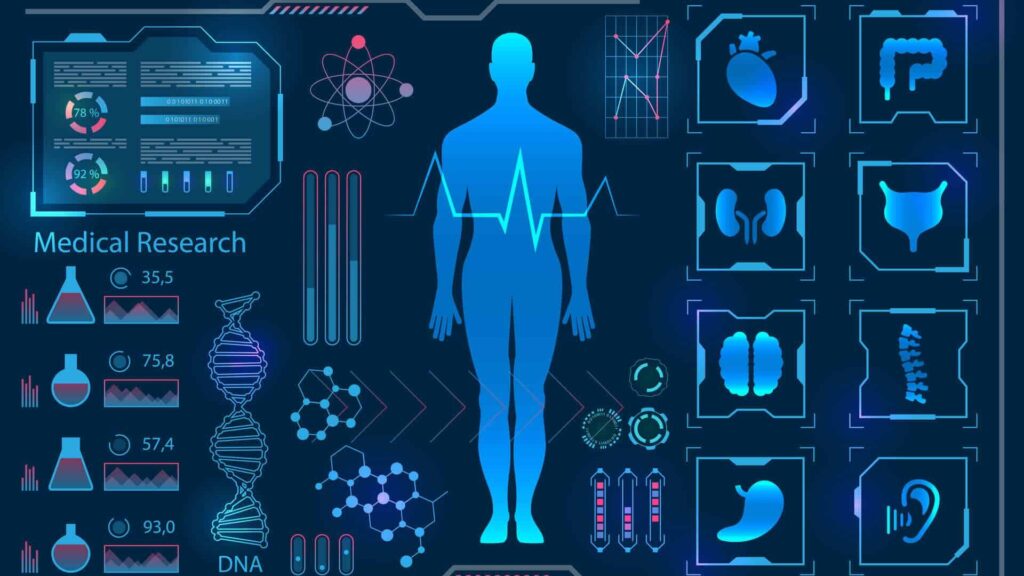
Artificial intelligence (AI) has already made significant advancements in healthcare, from improving disease diagnosis to streamlining patient care. However, there is still a lot of potential for the next evolution of AI to break new ground in healthcare.
One promising area is the use of AI in personalized medicine. With the help of machine learning algorithms, AI can analyze vast amounts of patient data, including genetic information, medical history, and lifestyle factors, to create personalized treatment plans that are tailored to the individual’s unique needs. This approach has the potential to improve patient outcomes and reduce healthcare costs by minimizing trial and error in treatment selection.
Another area where AI can make a significant impact is in drug development. The traditional drug discovery process is time-consuming and expensive, but AI can help accelerate the process by predicting the efficacy and safety of new drugs and identifying potential side effects. This could potentially lead to the development of more effective treatments and faster approval times by regulatory agencies.
AI can also help address healthcare disparities by improving access to care for underserved communities. For example, telemedicine platforms that incorporate AI-powered chatbots and virtual assistants can provide low-cost, accessible healthcare services to people in remote or underserved areas.
However, as with any new technology, there are also challenges and concerns that need to be addressed. One of the biggest challenges is ensuring the accuracy and reliability of AI-powered healthcare systems. There are also concerns around data privacy and security, as well as the potential for AI to exacerbate existing healthcare disparities if not implemented thoughtfully.
Overall, the next evolution of AI has the potential to transform healthcare by improving patient outcomes, accelerating drug development, and addressing healthcare disparities. However, it is important to approach these advancements with caution and ensure that they are implemented in an ethical and responsible manner.
